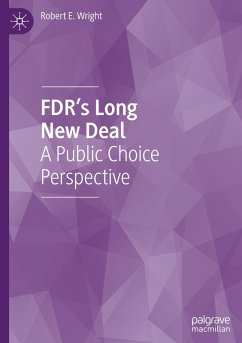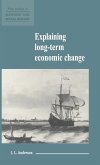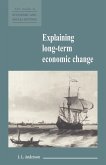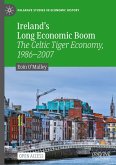During his presidency, FDR led the American public to believe that the US government could set policy that would transform the economy. This book argues that this assumption, which ultimately became embedded into the general American psyche, has impacted our economy today in more ways than one.
Robert E. Wright breaks down the negative societal impact of the New Deal throughout this book. The chapters highlight the lasting influence of these policies, providing new perspectives and never-before-seen archival research related to FDR's policies. The book provides insight into how assumptions of governmental intervention in the economy have shifted the direction of the economy over time. It also dives into socioeconomic topics related to social justice, critiquing the New Deal in its original and historical contexts.
Wright brings a long-term public-choice perspective to the New Deal, providing interdisciplinary insights into socioeconomic topics such as gender, race, and climate. The resulting book is ideal for those interested in economics, American history, law, and policy.
Robert E. Wright breaks down the negative societal impact of the New Deal throughout this book. The chapters highlight the lasting influence of these policies, providing new perspectives and never-before-seen archival research related to FDR's policies. The book provides insight into how assumptions of governmental intervention in the economy have shifted the direction of the economy over time. It also dives into socioeconomic topics related to social justice, critiquing the New Deal in its original and historical contexts.
Wright brings a long-term public-choice perspective to the New Deal, providing interdisciplinary insights into socioeconomic topics such as gender, race, and climate. The resulting book is ideal for those interested in economics, American history, law, and policy.








